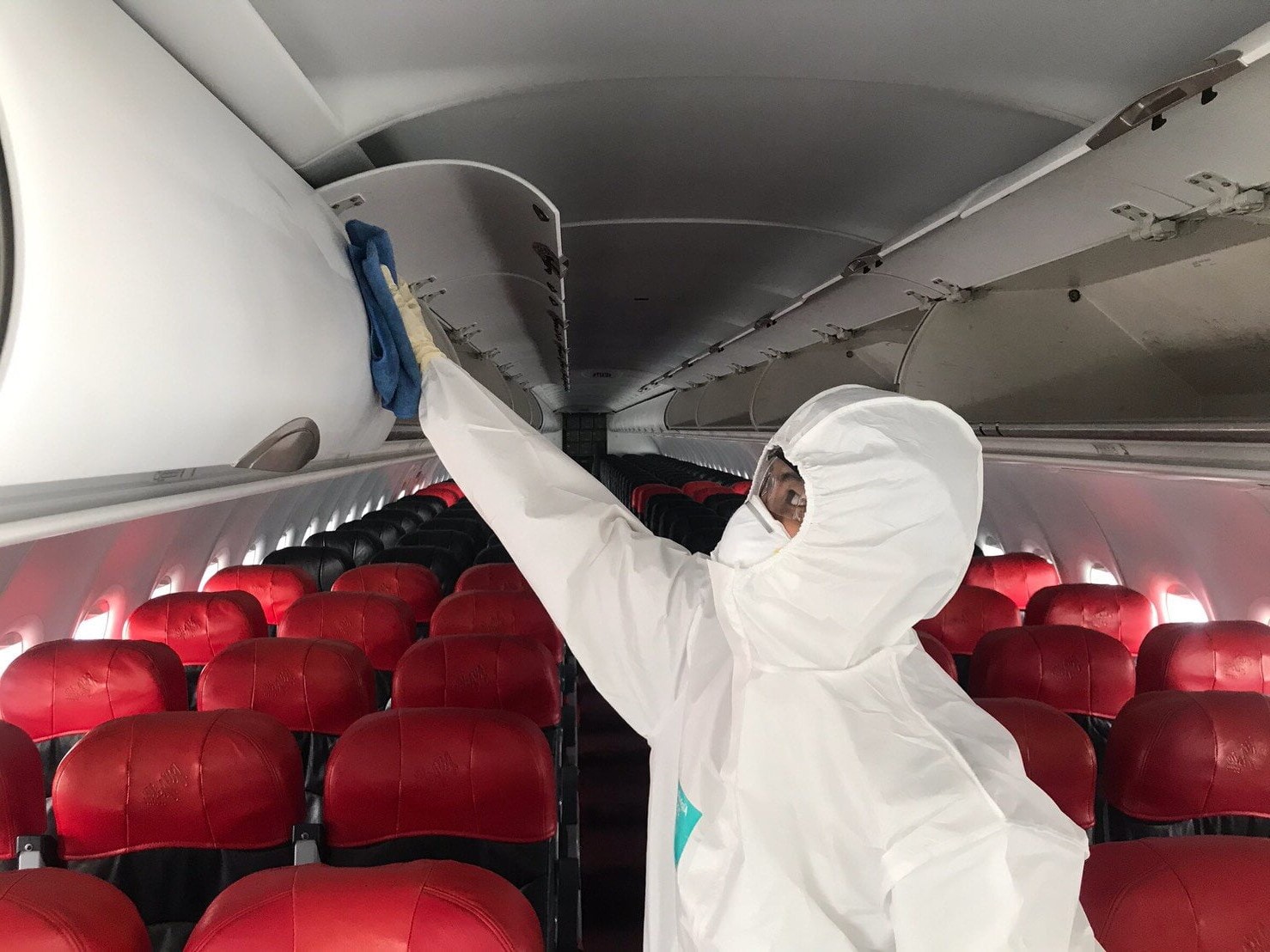
Ever wondered how safe it is to fly? Airlines prioritize health and safety to ensure passengers have a secure journey. From rigorous cleaning protocols to advanced air filtration systems, airlines implement numerous measures to protect travelers. Did you know that airplane cabins are equipped with HEPA filters, which remove 99.97% of airborne particles? Or that flight attendants undergo extensive training to handle medical emergencies? These facts highlight the commitment airlines have to passenger well-being. Curious about what else airlines do to keep you safe? Let's dive into 12 fascinating facts about airline health and safety that might surprise you.
Key Takeaways:
- Breathe Easy: Airline cabins are equipped with top-notch filtration systems that remove almost all airborne particles, ensuring a constant supply of clean air every 2-3 minutes.
- Safe Travels: Flight attendants are trained in first aid and CPR, and most flights carry emergency medical kits and access to ground-based medical professionals to handle in-flight medical emergencies.
Air Quality on Planes
Air travel often raises concerns about air quality. Let's explore some facts about the air you breathe while flying.
- Modern airplanes use advanced filtration systems that remove 99.97% of airborne particles, including bacteria and viruses.
- Cabin air is refreshed every 2-3 minutes, ensuring a constant supply of clean air.
- Air in the cabin is a mix of fresh outside air and recirculated air, which helps maintain pressure and temperature.
- High-efficiency particulate air (HEPA) filters are standard in most commercial aircraft, similar to those used in hospitals.
In-Flight Medical Emergencies
Medical emergencies can happen anywhere, including on a plane. Here's what you need to know about in-flight medical care.
- Flight attendants receive training in first aid and CPR to handle medical emergencies.
- Most commercial flights carry an emergency medical kit, including basic medications and equipment.
- Airlines often have access to ground-based medical professionals who can provide advice during an in-flight emergency.
- Automated external defibrillators (AEDs) are available on many flights to assist with cardiac emergencies.
Food Safety on Planes
Eating on a plane is a common part of the travel experience. Here are some facts about food safety in the skies.
- Airline meals are prepared in specialized kitchens that follow strict hygiene standards.
- Food is typically cooked and then chilled to prevent bacterial growth before being reheated on the plane.
- Airlines must comply with international food safety regulations to ensure passenger health.
- Special meals, such as gluten-free or vegetarian options, are available to accommodate dietary restrictions and allergies.
Staying Safe in the Skies
Flying can be stressful, but knowing these airline health and safety facts helps. Airlines have strict cleaning protocols to keep cabins sanitized. HEPA filters on planes remove 99.97% of airborne particles, making the air you breathe cleaner. Flight attendants are trained in first aid and can handle medical emergencies. Airlines also follow strict food safety standards to prevent contamination.
Seat belts and turbulence warnings are there for your protection. Always follow crew instructions. Hydration is key, so drink plenty of water during your flight. Stretching and moving around can prevent deep vein thrombosis.
Remember, air travel is one of the safest modes of transportation. With these tips, you can focus on enjoying your journey. Stay informed, stay safe, and happy flying!
Frequently Asked Questions
Was this page helpful?
Our commitment to delivering trustworthy and engaging content is at the heart of what we do. Each fact on our site is contributed by real users like you, bringing a wealth of diverse insights and information. To ensure the highest standards of accuracy and reliability, our dedicated editors meticulously review each submission. This process guarantees that the facts we share are not only fascinating but also credible. Trust in our commitment to quality and authenticity as you explore and learn with us.


